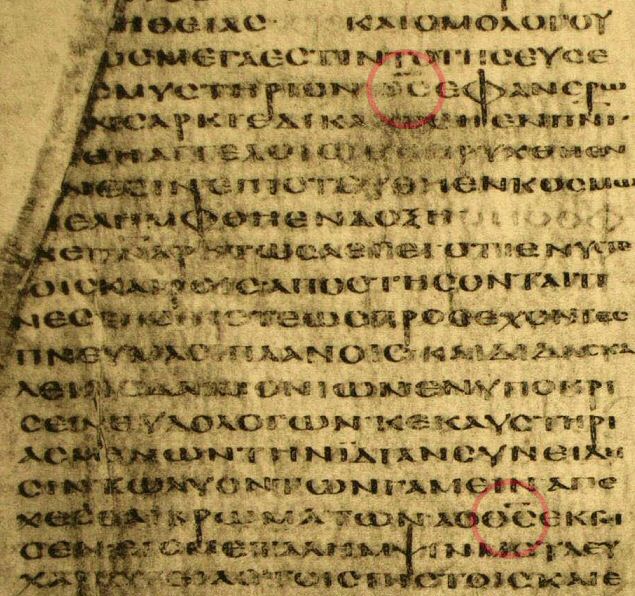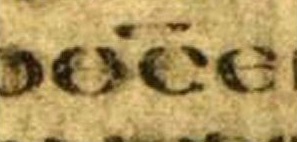- Dec 2, 2022
- 6,566
- 374
God is not triune in nature but in personsI have been trying in other forums to get anyone to answer straightly if the can work the Trinity doctrine into these passages in a truthful Biblical way:
Deuteronomy 6:4 "Hear, O Israel: The LORD our God is one LORD."
Isaiah 43:11 I, even I, am the LORD; and beside me there is no saviour.
Isaiah 44:6 "Thus saith the LORD the King of Israel, and his redeemer the LORD of hosts; I am the first, and I am the last; and beside me there is no God."
Isaiah 45:5 "I am the LORD, and there is none else, there is no God beside me: I girded thee, though thou hast not known me."
Isaiah 45:21-22 "Tell ye, and bring them near; yea, let them take counsel together: who hath declared this from ancient time? who hath told it from that time? have not I the LORD? and there is no God else beside me; a just God and a Saviour; there is none beside me. Look unto me, and be ye saved, all the ends of the earth: for I am God, and there is none else."
Deuteronomy 4:35 "Unto thee it was shewed, that thou mightest know that the LORD he is God; there is none else beside him."
Deuteronomy 32:39 "See now that I, even I, am he, and there is no god with me: I kill, and I make alive; I wound, and I heal: neither is there any that can deliver out of my hand."
1 Kings 8:60 "That all the people of the earth may know that the LORD is God, and that there is none else."
2 Samuel 7:22 "Wherefore thou art great, O LORD God: for there is none like thee, neither is there any God beside thee, according to all that we have heard with our ears."
1 Chronicles 17:20 "O LORD, there is none like thee, neither is there any God beside thee, according to all that we have heard with our ears."
Hosea 13:4 "Yet I am the LORD thy God from the land of Egypt, and thou shalt know no god but me: for there is no saviour beside me."
Mark 12:29 "And Jesus answered him, The first of all the commandments is, Hear, O Israel; The Lord our God is one Lord."
Mark 12:32 "And the scribe said unto him, Well, Master, thou hast said the truth: for there is one God; and there is none other but he."
John 17:3 "And this is life eternal, that they might know thee the only true God, and Jesus Christ, whom thou hast sent."
Romans 3:30 "Seeing it is one God, which shall justify the circumcision by faith, and uncircumcision through faith."
1 Corinthians 8:4 "As concerning therefore the eating of those things that are offered in sacrifice unto idols, we know that an idol is nothing in the world, and that there is none other God but one."
1 Corinthians 8:6 "But to us there is but one God, the Father, of whom are all things, and we in him; and one Lord Jesus Christ, by whom are all things, and we by him."
Galatians 3:20 "Now a mediator is not a mediator of one, but God is one."
Ephesians 4:6 "One God and Father of all, who is above all, and through all, and in you all."
1 Timothy 2:5 "For there is one God, and one mediator between God and men, the man Christ Jesus."
James 2:19 "Thou believest that there is one God; thou doest well: the devils also believe, and tremble."
Monotheistic “one God” in three divine persons
As the athanasius creed states:
The father is God
The son is God
the Spirit is God
But there are not three God’s but only one God!
The father is Lord
The son is Lord
the Spirit is Lord
But there are not three Lord’s but one Lord!
Lk 1:43 how is it that the mother of my Lord should come to me.
By no stretch of the imagination can an unborn child in His mothers womb be Elizabeth’s Lord, unless He is the Lord God almighty!
The anti-trinitarians always end up with sabellian modalism which was condemned by the apostolic councils in the early church!
Thanks







